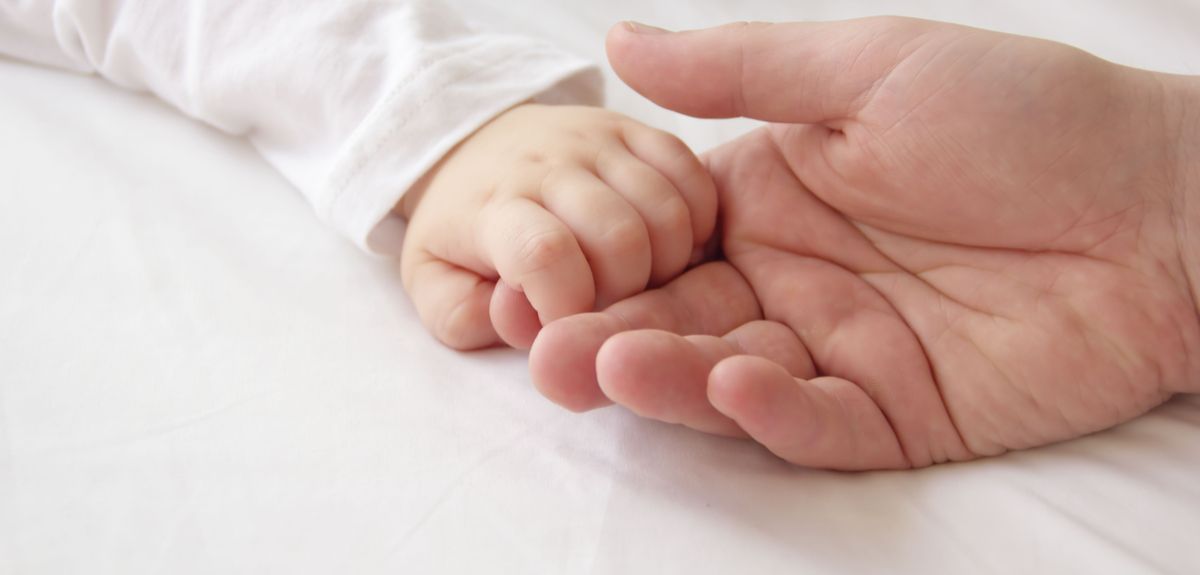
Image credit: Shutterstock
Agreeing to disagree about medical treatment for children
Professor Dominic Wilkinson, Professor of Medical Ethics at the University of Oxford and a Consultant in newborn intensive care at the John Radcliffe Hospital, Oxford, discusses the ethical issues around providing medical treatment for children when parents and doctors disagree.
The fraught life and death cases of Charlie Gard and Alfie Evans, reached global attention in 2017 and early 2018. They led to widespread debate about conflicts between doctors and parents, and about the place of the law in such disputes. Changes to the law in response to these high-profile cases are currently being debated in the House of Lords.
In 2016, Professor Savulescu of the Oxford Uehiro Centre for Practical Ethics wrote an editorial for the Lancet medical journal strongly criticizing the court’s decision, and arguing that Charlie Gard should be allowed to travel to America for experimental treatment. He argued that Donald Trump and the Pope were right to support Charlie’s family. In the same issue of the Lancet, I took the opposing view, supporting Charlie’s doctors, and arguing that Charlie should be allowed to die. Professor Savulescu and I are colleagues and long-time collaborators.
Over the ensuing months, while the appeals for Charlie Gard were heard in the courts, Savulescu and I conducted a vigorous debate in academic journals and in the media about the rights and wrongs of the Gard case. Over time, we found areas of agreement, as well as areas of reasonable disagreement.
In a newly published book, Professor Julian Savulescu and I examine the ethics of medical treatment disputes for children, as well as outlining our own professional disagreement on the Gard case. At one level, this is a rigorous analysis of the rights of parents, the harms of treatment, and the vital issue of limited resources. From opposite sides of the debate about treatment for Charlie Gard, we provocatively outline the strongest arguments in favour of and against treatment. We also outline a series of lessons from the Gard case and propose a radical new ‘dissensus’ framework for future cases of disagreement.
This case also illustrates some of the distinctive and challenging features of ethical debate in the 21st century. We have shown that it is possible for those who find themselves at opposite ends of an issue to find common ground. Indeed, disagreement about controversial ethical questions is both inevitable and desirable.
There is a need for sensitive, rational debate within our community about how to fairly address disagreements about treatment between health professionals and families. That debate cannot, now, help Charlie Gard or Alfie Evans. It can, though, help current and future children with serious illnesses.
It can support their families to access desired treatment, within limits. It can help health professionals to be able to advocate for the best interests of their patients. It can help doctors to maintain relationships with families (even if not always seeing eye to eye). It can help society to understand what is at stake, why these disagreements are so difficult, so vexed, and so inevitable.
In difficult ethical debates, there is sometimes a desire to reach consensus or agreement on the right thing to do. But that can be a mistake. On questions of deep ethical values, there will always be disagreement. We need to embrace dissensus, not consensus. We should be prepared to disagree
‘Ethics, conflict and medical treatment for children: from disagreement to dissensus,’ is published by Elsevier.
Professor Julian Savulescu is Professor of Practical Ethics in the Oxford Uehiro Centre for Practical Ethics at the University of Oxford. Professor Dominic Wilkinson is Professor of Medical Ethics at the University of Oxford and a Consultant in newborn intensive care at the John Radcliffe Hospital, Oxford. Wilkinson and Savulescu are medical doctors as well as experts in medical ethics.